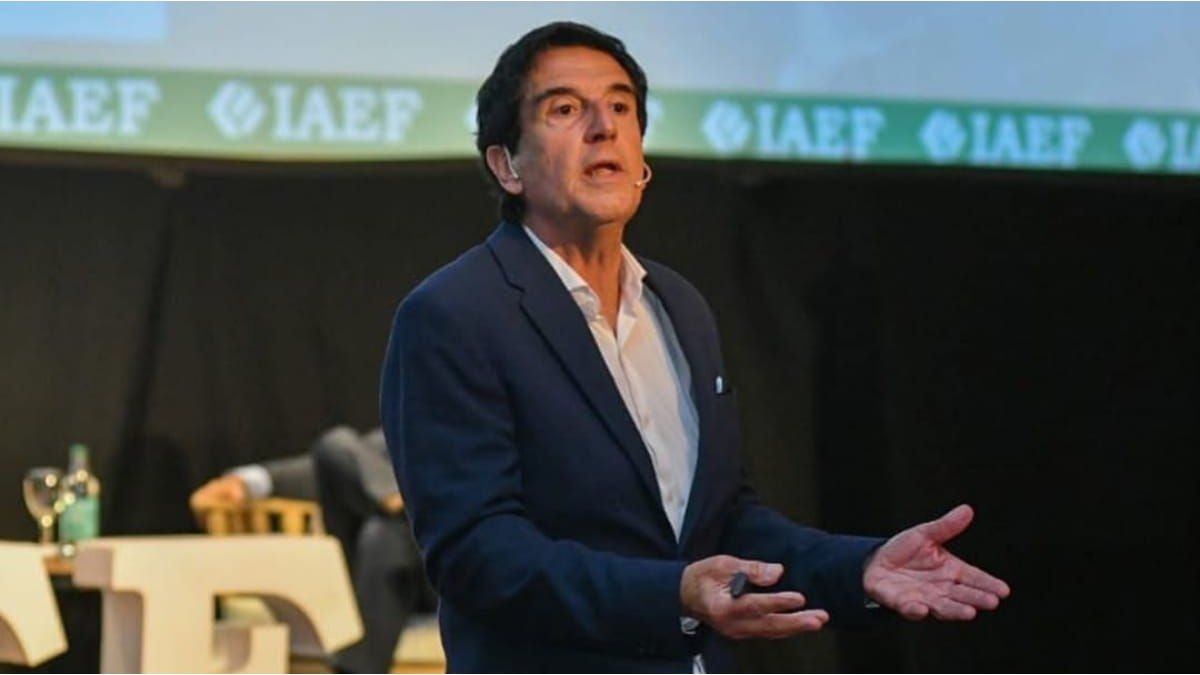Opinion
The war in Ukraine is now also about targets in Russia: Olaf Scholz is taking away a central paradigm in the fight against Vladimir Putin. That is tricky – but right.
There is a misleading date in the Chancellor’s calendar these days. Switzerland has invited people to a “peace conference” in mid-June. And because Olaf Scholz and a few other heads of state and government are apparently also planning to attend, some believe that the conference could send out a major signal of peace, a diplomatic advance, perhaps even a plan to quickly end the war in Ukraine.
That would be nice, but unfortunately it’s an illusion.
Just in time for the so-called peace conference, the war in Ukraine is entering a new phase, and may just be just beginning. The terrible images from Kharkiv, where Russia bombed a hardware store to rubble, have caused Berlin and other capitals to reconsider a ban on Kiev: Why, many are now asking, don’t we finally allow Ukraine to defend itself more offensively and also use our weapons to attack military targets on Russian territory?
U-turn via subordinate clause
Even Scholz, who usually only moves when there is no other option, no longer seems to have any objections to a more flexible use of Western weapons. Ukraine has “every opportunity under international law to do what it does,” said the Chancellor when he received a visit from the French President on Tuesday. As is so often the case with Scholz, this was only understandable after reading it three times and translated to something like: As long as no Russian civilians are harmed, anything is possible.
It is an astonishing turnaround by Scholz. He has posters advertising himself as a chancellor of peace for the European elections. At the same time, with a subordinate clause, he dismisses a central paradigm of this war – and a rule that he himself reminded us of just a few days ago.
Emmanuel Macron was the impetus for this. The fact that France’s president likes to be the first to know about news in Western strategy has become a certain tradition, ever since he announced the delivery of armored personnel carriers a day before Olaf Scholz. Joe Biden is now likely to follow suit soon, as his government has been discussing more freedom for Kyiv for some time. Such a maneuver is inconceivable without Washington’s blessing.
Isn’t that madness? Now, at this stage of the war, to authorize attacks on Russian targets? Of course, one can ask why there is talk of an offensive when even the defense is not going well. Despite many European statements, there is a lack of ammunition, tanks, and anti-aircraft systems. Attacking Russian depots and supply routes may seriously damage Putin’s army, but it does not make Ukraine any safer.
Nevertheless, the new strategy is correct. The situation at the front is grim. War weariness is spreading in Ukraine. Putin is counting on the West also running out of steam. A signal is urgently needed to prevent this impression from even arising. Here it is.
Doing nothing can also lead to escalation
The fear of unleashing war is a weak argument. In a war there is always the danger that the other side will overreact, and of course every new step needs to be carefully considered. But you don’t have to be a Baltic person to fear that Putin’s imperialist fantasies have long since gone beyond Ukraine.
The further he advances, the more the countries on NATO’s eastern flank will want to defend themselves on their own – without agreements, without being embedded in a unified strategy. The West’s common course would be at an end, much to Putin’s delight.
The war can escalate now? Sure. But doing nothing can also end in escalation.
Source: Stern
I have been working in the news industry for over 6 years, first as a reporter and now as an editor. I have covered politics extensively, and my work has appeared in major newspapers and online news outlets around the world. In addition to my writing, I also contribute regularly to 24 Hours World.




